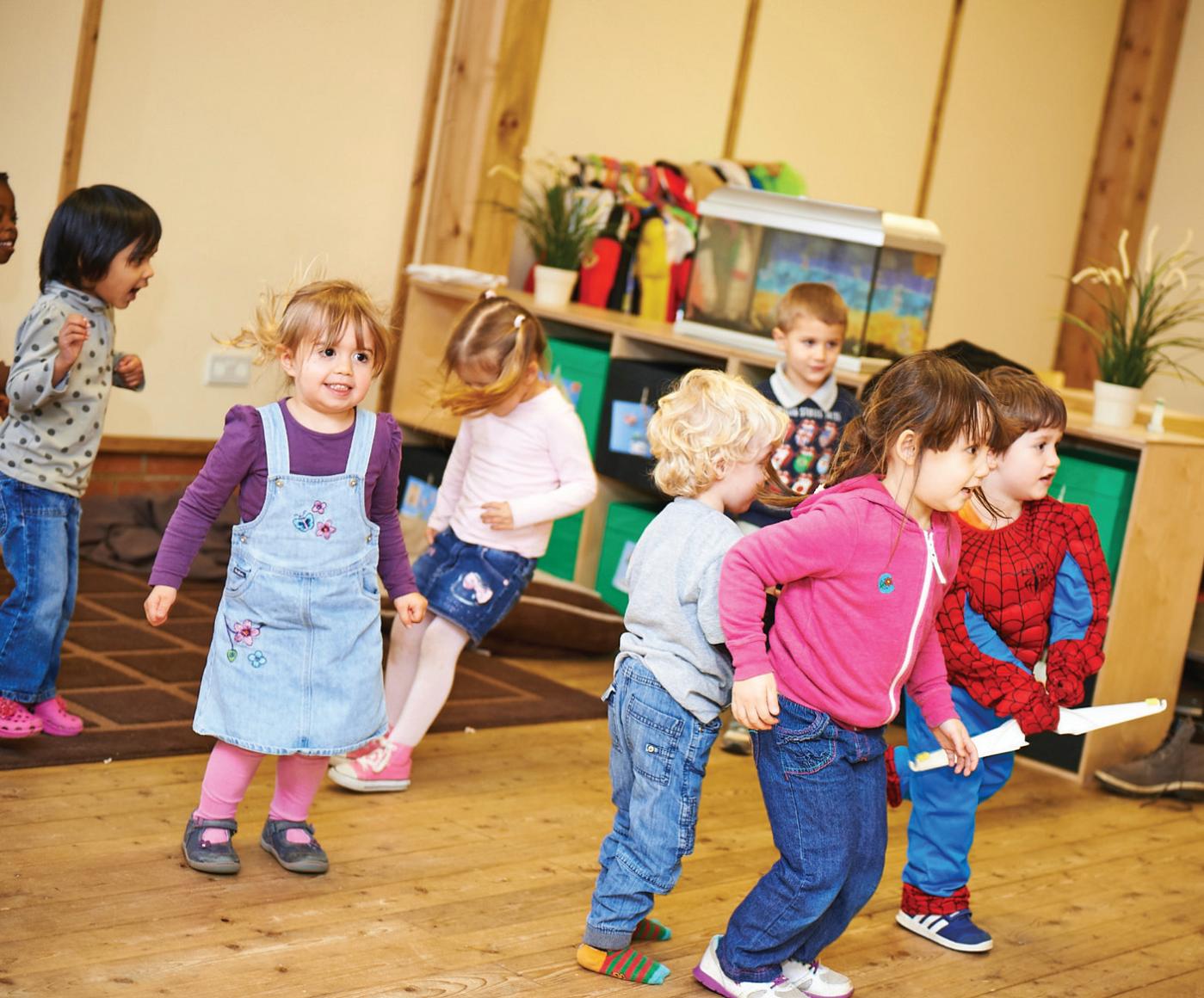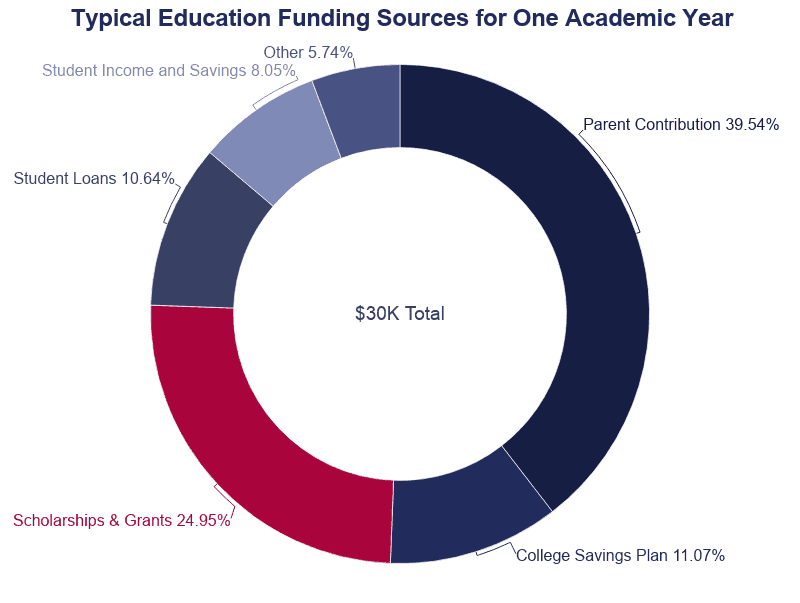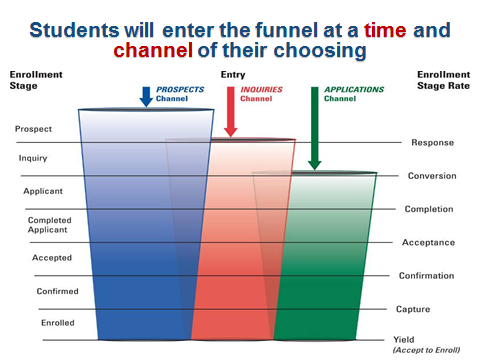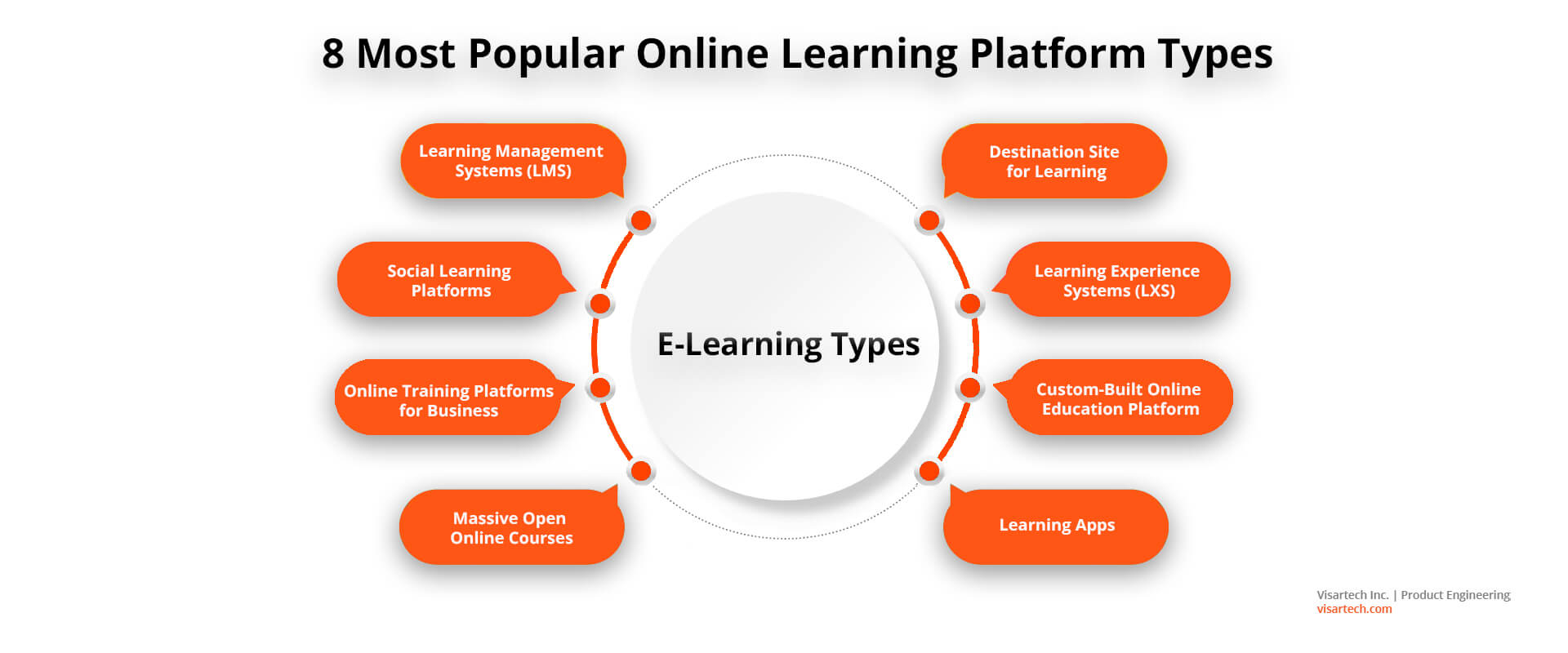As parents, caregivers, and educators, we often focus primarily on academic achievements in early education. We want our children to learn to count, read, and write, to recognize shapes and colors, and to understand basic scientific principles. While these skills are important, so is play.
Play is a critical component of early childhood education. It helps children build social and emotional skills, promotes creativity and imagination, and encourages physical activity and development.
Social and Emotional Skills
Through play, children learn essential social and emotional skills needed to navigate the complex world around them. Playtime is an opportunity to learn to share, take turns, and cooperate with others. It also teaches children how to express their emotions and work through simple conflicts.
Creativity and Imagination
Play is a creative outlet for children, providing them with an opportunity to use their imaginations and explore new ideas. Whether it’s through dress-up, building with blocks or Legos, or drawing, play allows children to express their creativity in a safe and enjoyable way.
Physical Activity and Development
Play provides children with opportunities to move and develop their gross and fine motor skills. Whether it’s running around outside, playing on playground equipment, or engaging in games of catch, play is an excellent way to promote physical activity and improve overall health and wellbeing.
In conclusion, play is a critical aspect of early childhood education that should not be overlooked. It provides children with a foundation for social and emotional development, encourages creativity and imagination, and promotes physical activity and development. As parents and educators, we must remember the importance of play in our children’s lives and provide them with ample opportunities to engage in it. By doing so, we set them up for a lifetime of learning, growth, and success.











